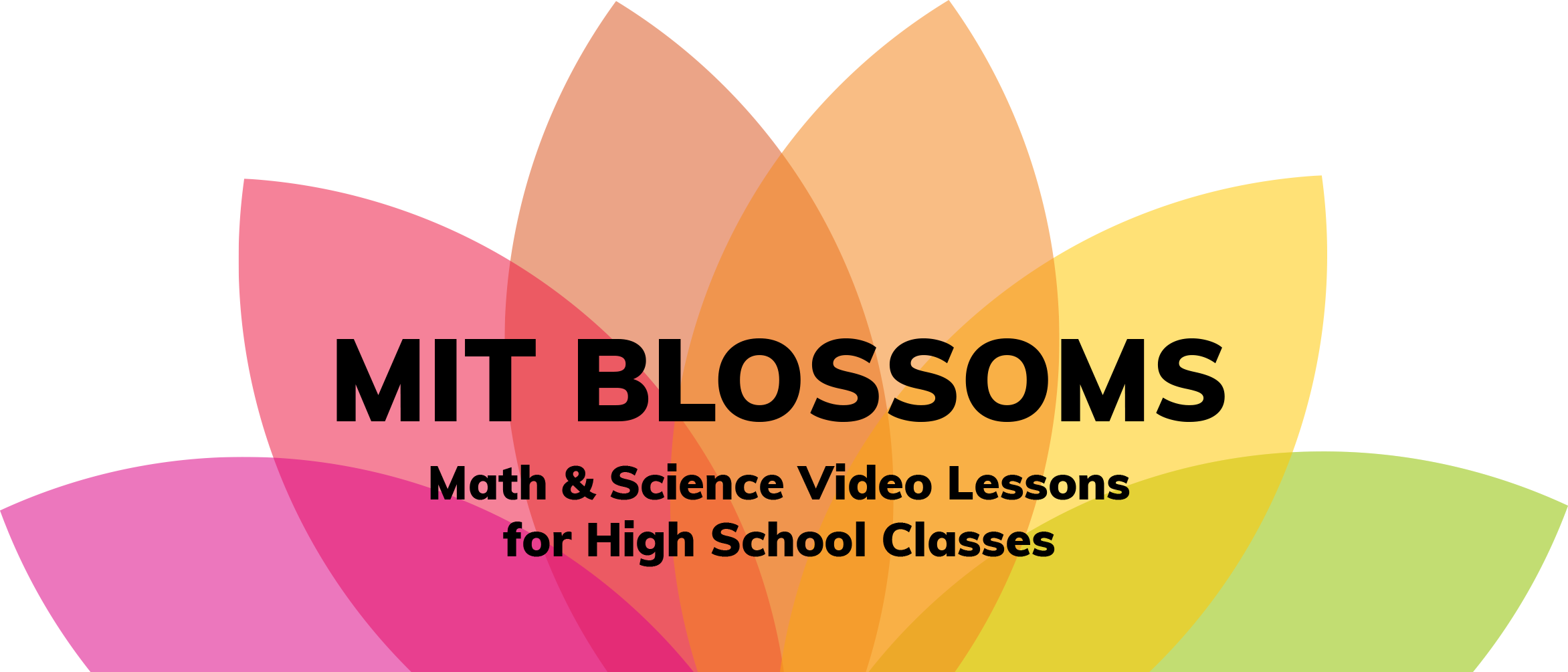Design Kit
This is a short introductory video on Human-Centered Design pesented by IDEO.org.
Idea Sandbox
This is the “Idea Sandbox” site where you can find problem-solving articles and creative tools to use with the User-Centered Design process.
MIT D-Lab
This is a guide to help individuals and organizations effectively plan and conduct qualitative research in the field. It is probably too advanced for high school students, but teachers can take a look and adapt it to the classroom as they see fit.
MIT D-Lab
This free, online course by MIT EdEx teaches how to gather information from people using interviewing techniques that are effective and respectful.
Catapult Design
Hosted by catapult deasign, this site presents a comprehensive article on how to develop prototypes.


